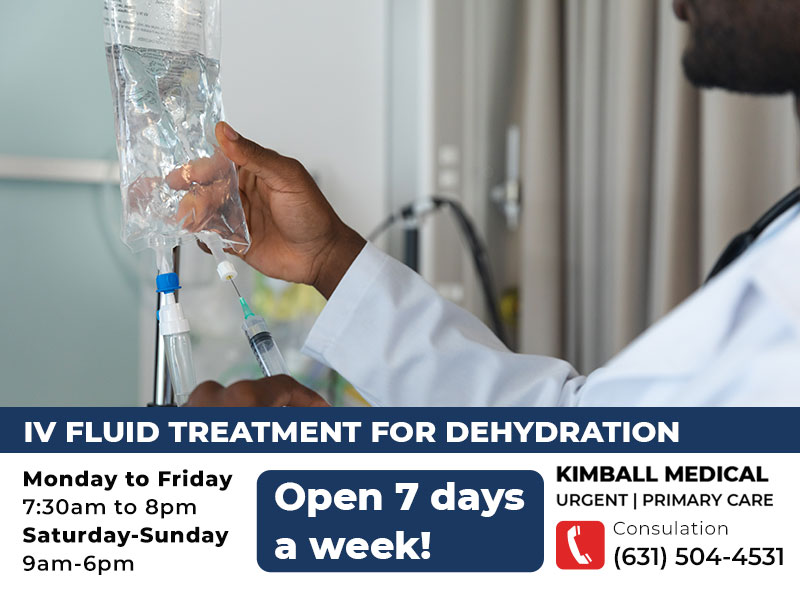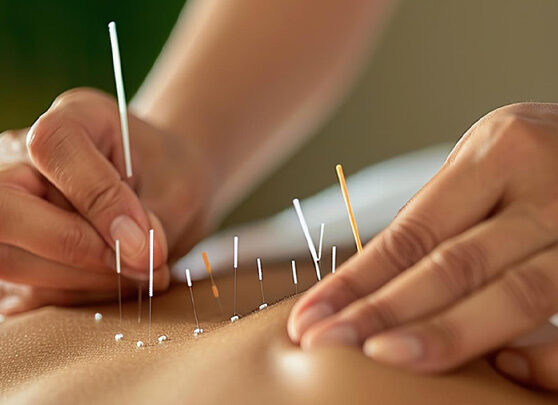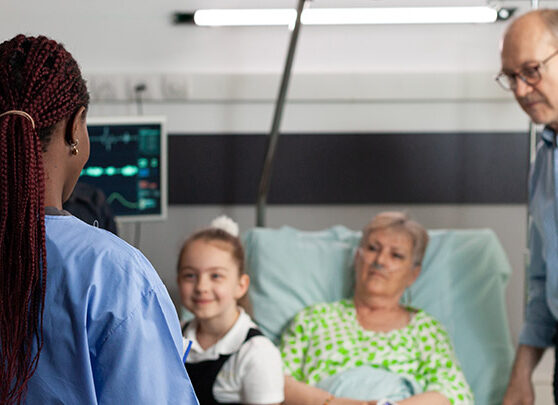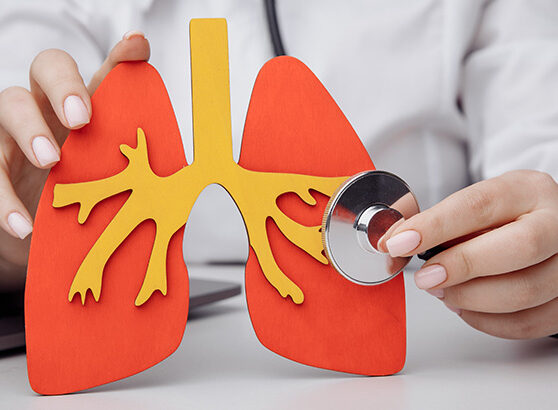Did you know that roughly 75 percent of Americans live in a state of chronic dehydration? Even mild dehydration can make you feel thirsty, give you dark yellow urine, trigger headaches, or cause muscle cramps. If you notice any of these signs, it’s crucial to start drinking water right away to prevent more serious issues. For more severe cases, medical treatment with IV fluids might be necessary.
Dehydration happens when our body loses more fluids than we drink, which can catch us off guard—especially on hot days or when we’re dealing with illnesses like vomiting or diarrhea.
Recognizing the Signs of Escalating Dehydration: When Immediate Action Is Needed
Mild dehydration can typically be managed by drinking water or sports drinks rich in electrolytes. However, when dehydration escalates, it can lead to more serious symptoms.
You might notice extreme thirst accompanied by a dry mouth, a racing heartbeat, and feelings of dizziness or lightheadedness. In severe cases, low blood pressure may also occur. These are clear signs that the body needs immediate attention to restore its fluid balance.
When IV Fluids for Dehydration Are Necessary
So, when do we move beyond oral rehydration? IV fluids come into play when the body is unable to absorb fluids through the digestive system effectively. This often happens when illness prevents us from keeping fluids down due to persistent nausea or vomiting.
IV fluids are administered directly into the bloodstream, bypassing the digestive process and swiftly replenishing hydration levels.
Seeking Professional Care
If you suspect severe dehydration, seeking prompt medical care is essential. Healthcare providers can evaluate the severity of dehydration through a comprehensive assessment of symptoms and overall health. This assessment guides their decision on whether IV fluids are necessary to expedite recovery.
Preventing Dehydration
Prevention is always better than cure. During summer, maintaining adequate fluid intake is key. Water is the go-to source for hydration, but juicy fruits like watermelon also contribute significantly. Aim for 48 to 64 fluid ounces daily, increasing this amount if you’re engaging in physical activities. Be mindful that beverages like coffee and alcohol can actually contribute to dehydration and should be consumed in moderation.

IV FLUID TREATMENT FOR DEHYDRATION
For those in need of immediate dehydration treatment, Kimball Medical Center in Yonkers stands ready with comprehensive same-day care.
Whether you’re recovering from illness or simply enjoying outdoor pursuits, knowing where to turn for expert medical attention ensures peace of mind.
We are open 7 days a week!













